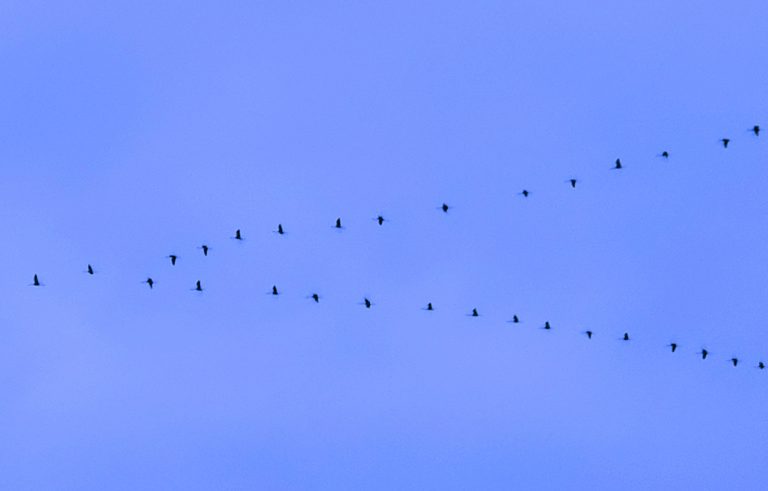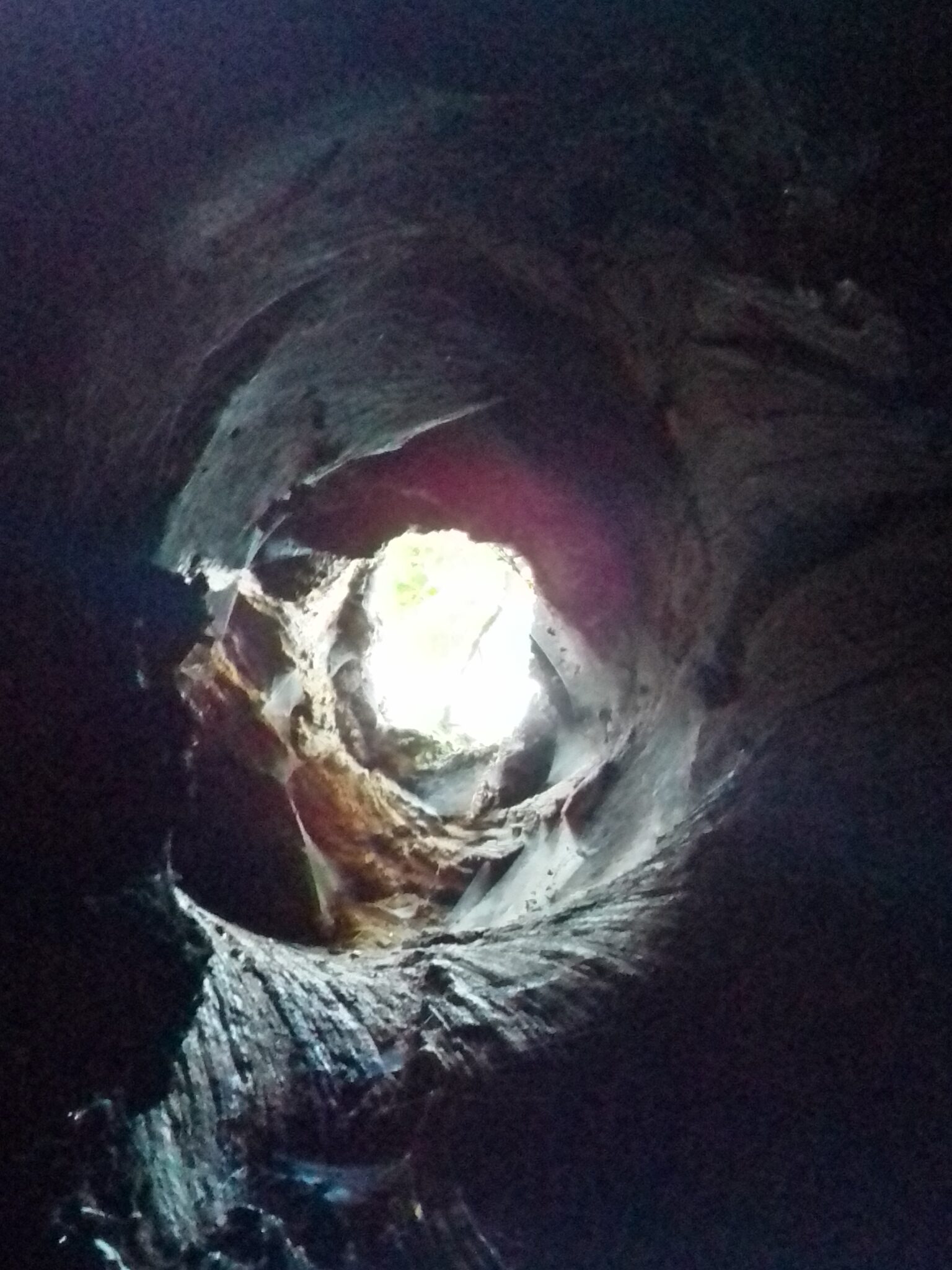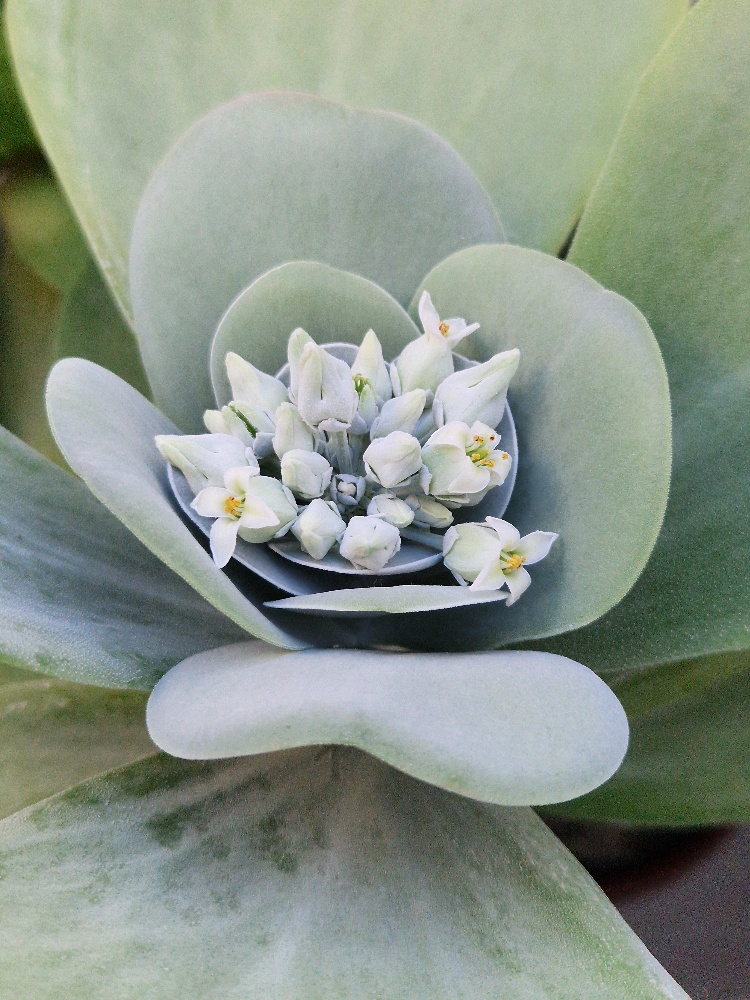Seeking to forget makes exile all the longer; the secret of redemption lies in remembrance.
Richard von Weizäcker
We learn, grow and become compassionate and generous as much through exile as homecoming, as much through loss as gain, as much through giving things away as in receiving what we believe to be our due.
David Whyte
What is behind that curtain?
Laurie Anderson, `Superman´
Somewhat dramatically, I went `into exile´ at the age of twenty, fed up with the constriction of the Ireland of the 1970’s and hoping for greener pastures on the continent. One of my great heroes at the time was James Joyce, who had left Ireland at a similar age two generations before me, and ended his days in Zürich, after sojourns in Trieste, Pola, Paris and the Swiss metropole on the lake. He never returned to Ireland between his departure in 1904 and his death in 1941, though judging by his writing, Ireland went with him every step of the way.
The disparity of the journeys that each of us make never ceases to intrigue me. On a visit home a decade or so ago, I went to an event in what was our primary school in the mid sixties. There was a woman there who turned out to have been a classmate of mine. She was now teaching at the very same school and lived less than a mile from the house where she grew up!
In another example of loyalty to location, Ken Robinson explained in one of his wonderful public talks that seven of his eight great-grandparents were born within one square mile of Liverpool. That´s a case of solid roots for you! Over the past five generations, my family, on the other hand, has lived on every continent on the planet. While all the journeys appear different, we each have many things in common. We all yearn to belong and seem to experience longing.
By virtue of the fact that I have chosen to live in a foreign culture, mine is the life of an `outsider looking in´. This was no conscious decision on my part. And even though I have lived far many more years in Germany than in my native Ireland, I still consider Ireland `native´ and Germany `foreign´. In fact, some years ago an identity crisis of sorts came to a head with me mourning the perceived fact that the Irish considered me a stranger and the Germans a foreigner, only to conclude that I am one of the very lucky ones to have two homes; a Doppelheimat, so to say.
On looking deeper, we can examine what the subject of this longing might be. I have always felt it, even in early childhood. Perhaps as a result of some wrenching separation, I carried a strong, nebulous sense deep inside, which today could be identified as `Weltschmerz´. What is at the root of this primordial pain?
Having lost my way in life almost twenty years ago, I reached a turning point; deeply depressed, my desire to continue in this incarnation was severly diminished. With the help of others who had been having similar difficulties, I began a journey of recovery which has revealed to me the true nature of the `inner exile´ I had been experiencing and which had lead me to perdition.
Somehow, the consciousness of my divine nature had become so dim that it had become invisible. Falling for the illusion that I was an earthly being who may or may not have spiritual experiences, I had lost sight of the truth that it is, indeed, the other way around. It is all a matter of perspective; when things are hidden away from our conscious, logical perception and our intuitive supraconscious perception skills are not honed, it can happen that we really begin to believe that we are separate; separated from the rest of Creation.
This is what had happened to me. It came with the double burden of excruciating loneliness and the belief that I had to do everything myself. What a weight for any pair of shoulders to carry! For forty years I had muddled through, tapping into vast reservoirs of will power, defiance, and the drive to prove myself, yet feeling insecure and unworthy of any successes I achieved along the way. It is also important to recognise that, by their very nature, will power, defiance, and the drive to prove oneself are finite, and that at some point the tank must run dry. This is the point at which I found myself almost twenty years ago.
Having arrived there, I was willing to take certain steps. The first was one of capitulation; `We admitted that we were powerless over alcohol (and further substances) – that our lives had become unmanageable´. The key to the solution to any problem is a clear understanding of what the problem really is. Of the three things mentioned in this first step, it is the powerlessness which grabbed my attention. It was difficult to swallow initially, seeing how proud I had become of doing everything myself, but immense relief soon followed, like when a small stone is removed from a trekking boot half way up the mountain. The next step was one of surrender; `We came to believe that a Power greater than ourselves could restore us to sanity´.
This was the `coming home´, the release from exile. I did not have to do everything myself. There was help, with powers vastly greater than the power of the human ego. `Knock and the door shall be opened´, the Great Prophet had said. My experience can confirm the veracity of this promise.
In the Hindu culture, the differentiation is made between `the self´ and `the Self´. Both reside deep within. The former is my identification with the earthly ego who believes that I am Patrick, was born at a certain time and am bound to die, like every human who has gone before. The latter is that aspect which knows that my true nature is divine; immortal, true, and made of pure love. This Self constitutes a threat to the ego identification, so the ego does all in its finite power to establish and maintain the illusion of exile, the illusion of being `apart from´ rather than an integral `part of´.
The parable of the Prodigal Son, Luke 15; 11- 32 has taken on a new meaning for me on my journey of recovery. Creation celebrates every instance of release from that exile which appears to be deeply ingrained in the human condition.
It seems so deeply ingrained, in fact, and life has so many cunning ways of luring us back into the illusory darkness of separation, that I have found it necessary to cultivate my `belonging´ on a daily basis, in order to remain in my true element. This I now gladly do, one day at a time.
We do not get rid of the darkness by analyzing it; we get rid of it by turning on the light. One of my favourite tools for this purpose is the first prayer of the day, which goes: `Great Spirit, please direct my thinking today, especially that it be divorced from self-pity, dishonest and self-seeking motives´.









